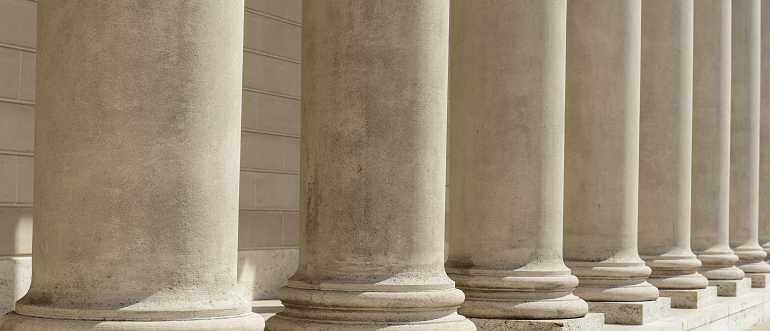Q. What is an appeal?
A. An appeal is a legal process where something that a lower court (sometimes called the “trial court”) did is appealed up to a higher court. Broadly speaking, the appellant (the party appealing) is asserting that the lower court has made an error in their interpretation or application of the law, and the appellant is thus entitled to some sort of relief.
There is a highly specialized, complex process involved in appeals; one must file a notice of appeal, gather the proper items from the record made in the lower court, file a legal brief, and often undergo oral argument in front of a panel of appellate judges.
Q. Can my case be appealed?
A. There are very specific circumstances under which a case can be appealed. First of all, a case must be appealed very quickly after the event you are seeking to appeal has occurred. Notify your trial attorney immediately if you wish to appeal a matter. Also, you generally cannot appeal a case because you are unhappy with the result obtained at trial or elsewhere; there must be some sort of legally recognized error.
Appellate cases are typically focused on there being a mistake of law made. The reason for this is relatively straightforward. Two key concepts to understand are facts and law. Facts are the who, what, when, and where of what happened. The law, in general, is the rules that govern our collective conduct.
Trial courts or “lower courts” are in the best position to ascertain the facts. They are the courts that go through discovery, motions, trials, et cetera. They are the courts that are closest to the actual presentation of the evidence, and are thus in the best position to observe the credibility of witnesses, the parties, experts, and so forth.
For this reason, appellate courts will typically grant great deference to the findings of fact from the lower court. The judge and/or jury who was present for the trial is in a much better position to make factual determinations compared to the appellate court.
However, the appellate court will grant very little or no deference to the lower court’s findings of law. This is because the appellate court is in just as good of a position (if not a superior position) to analyze the relevant legal principles.
Whether or not a case is a good candidate for appeal is typically a determination that must be made with a lawyer. This is important to ensure that time and money is not needlessly wasted on a case that has virtually no chance of success.
Q. How much will an appeal cost?
A. Appeals are extremely time consuming. If done correctly, an enormous amount of legal research must be conducted. An appellate brief with extremely stringent rules regarding content, formatting, and even font must be completed by the deadline. In the event of oral argument, such argument must be prepared and the attorney must travel to the proper appellate court to deliver it.
Having an appeal in the wings makes it very difficult for an attorney to take on other paying work. For this reason, appeals can be quite costly. Time spent preparing can range from 50 hours to hundreds of hours. This is why, as above, it is important to work with an attorney to establish you have a matter worth appealing, and will not simply be throwing away time and money.
Q. Why isn’t my trial lawyer handling my appeal?
A. There are many reasons your trial lawyer may not want to handle your appeal. Some lawyers choose not to practice appellate law, as the nature of the work is not appealing (forgive the pun) to them. The lawyer may not wish to devote the significant time and energy that would be required for appeal. Other times, the lawyer may simply not feel that there is anything to appeal.
Whatever the reason, my office will be happy to look over your case and provide an opinion of where you stand.
